Vancouver’s Growth
Vancouver’s metro area population in 2025 is approximately 2,708,000, reflecting steady annual growth of around 0.9% in recent years[1]. The city itself remains Canada’s most densely populated urban center, with projections for continued growth in the coming decades[8].
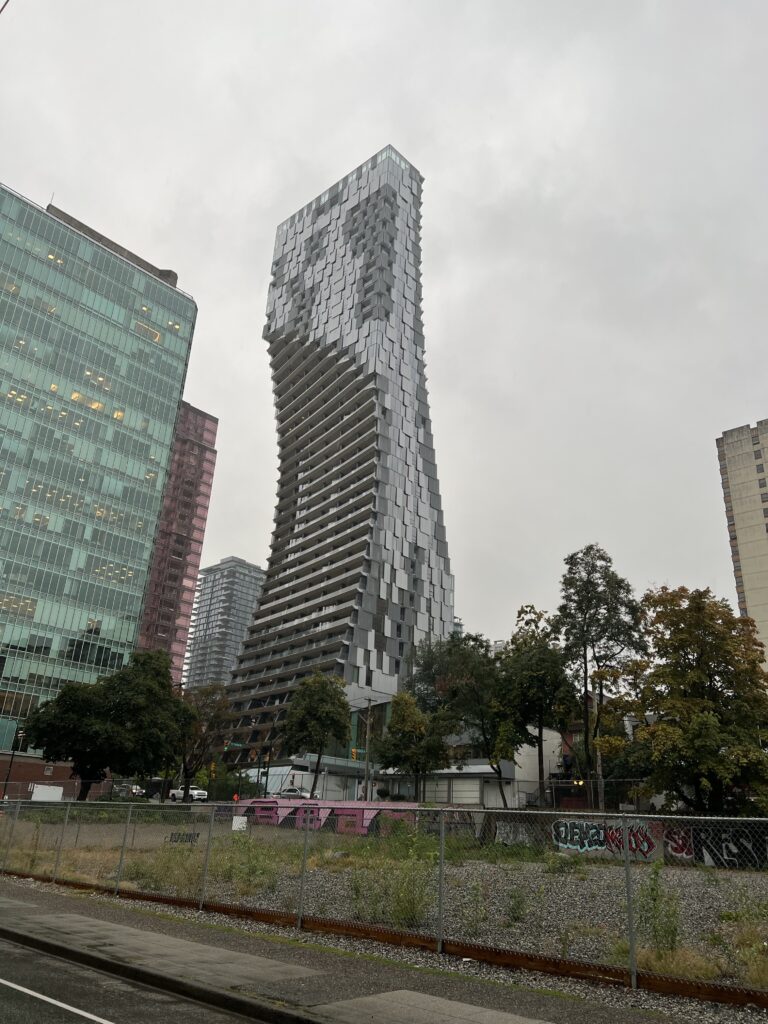
Vacancy Tax and Housing
Vancouver’s Empty Homes Tax (also called the Vacancy Tax) was introduced in 2017 to encourage property owners to rent out empty or underused homes and increase rental supply[9][4]. The tax is currently set at 3% of the property’s assessed value for 2024[3][4]. Since its introduction, the number of vacant properties in Vancouver has dropped by 54% between 2017 and 2022, indicating the tax has contributed to reducing the number of empty homes and increasing housing availability[10][9]. However, while it has helped, housing affordability remains a challenge, and the tax is one of several measures aimed at addressing it[2].
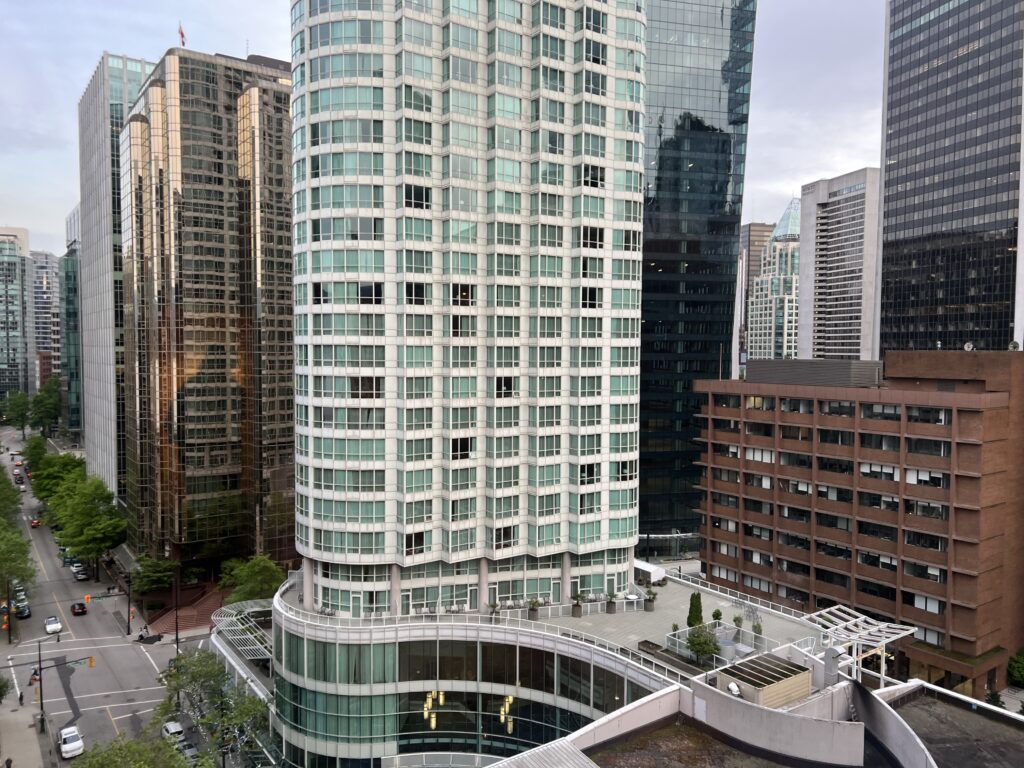
Royal Vancouver Yacht Club’s Coal Harbour Marina Expansion
The Royal Vancouver Yacht Club (RVYC) has proposed a 13.3% expansion of its Coal Harbour Marina, which would add 47 new slips, replace and upgrade infrastructure, and improve environmental sustainability[5][6][7]. The project application has been submitted to the Vancouver Fraser Port Authority and has undergone public consultation. As of the latest available updates, the project is still under review by the port authority, and a final decision has not been publicly announced[5][6].
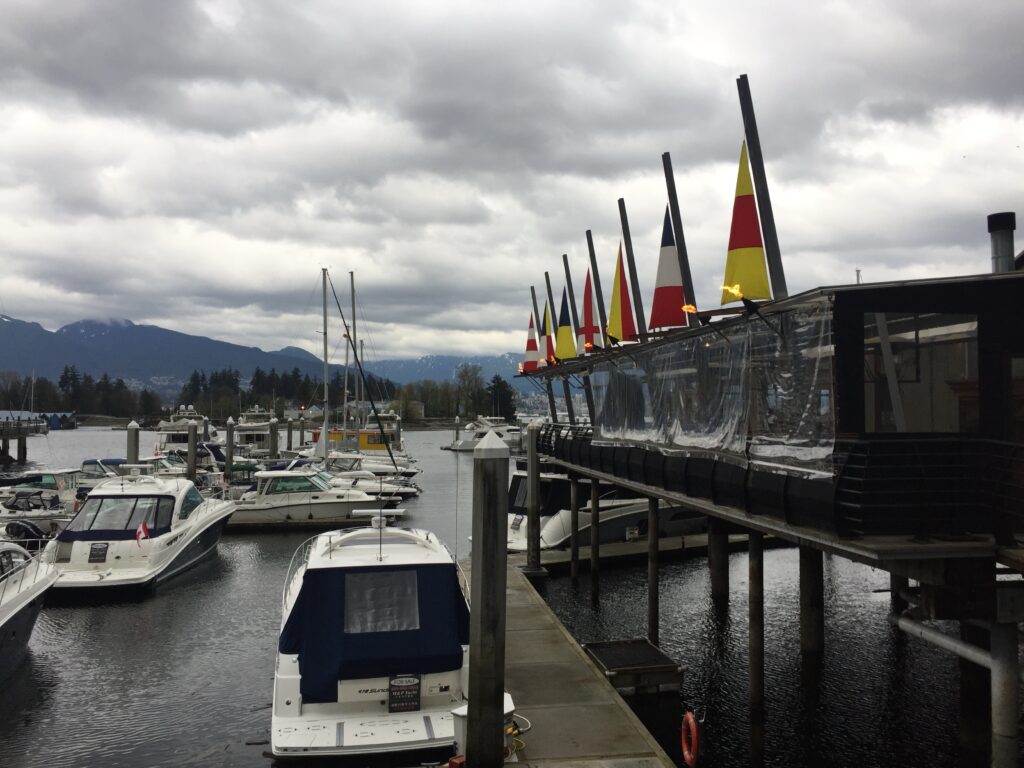
For a short Vancouver trip, the best savings for a U.S. visitor usually come from specific categories (alcohol, certain OTC drugs/health items, some groceries/snacks, and niche Canadian products), plus using your U.S. duty‑free allowance correctly; most Chinese‑made mass‑market goods are not dramatically cheaper in Canada once you factor exchange rates and typical Canadian retail markups.
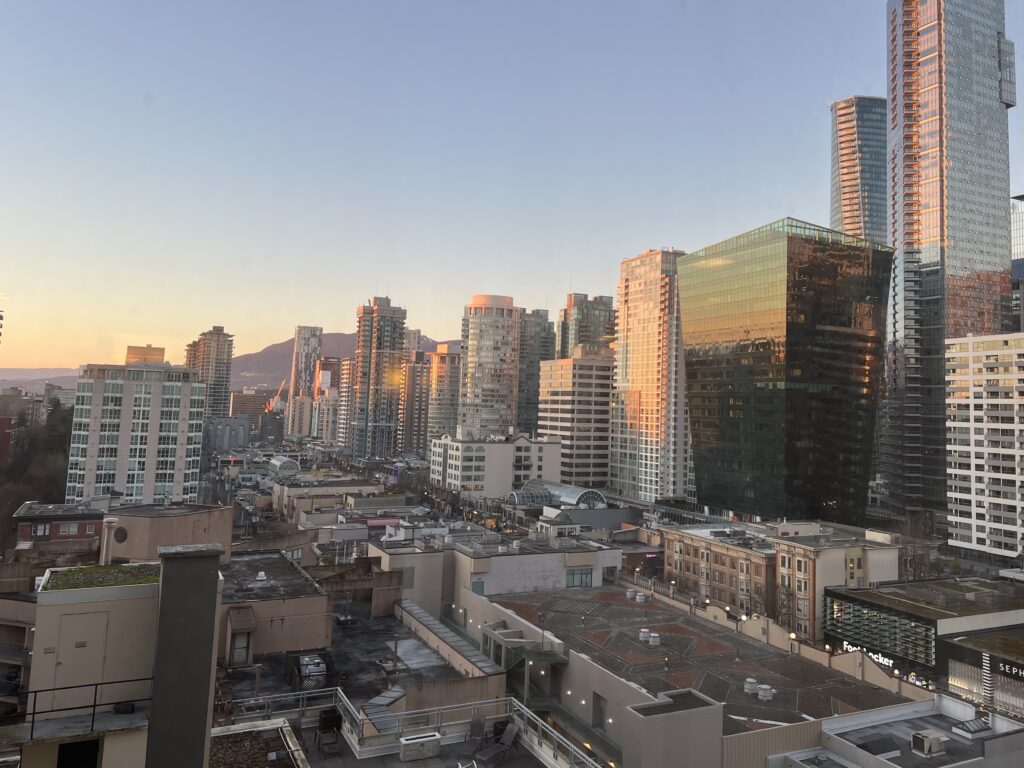
How U.S. duty‑free back into the USA works
When you re‑enter the U.S. as a resident, Customs and Border Protection (CBP) gives you a personal exemption (duty‑free allowance) based on your time outside the country.
- On a same‑day trip, Americans can typically bring back about 200 USD worth of goods per person before duty, including a small alcohol allowance (often cited around 5 oz), but this is lower and more variable and you should confirm current CBP rules before travel.
- On longer trips (24–48+ hours), the standard exemption commonly quoted is up to 800 USD per person in goods, and family members can usually combine their exemptions when returning together.
- The exemption is a “value shield”: as long as your total declared value is under your threshold, you do not pay U.S. duty or federal tax on those items, regardless of where they were made (China, EU, Canada, etc.), so you are not “avoiding” tariffs illegally; you are using a legal personal exemption built into U.S. law.
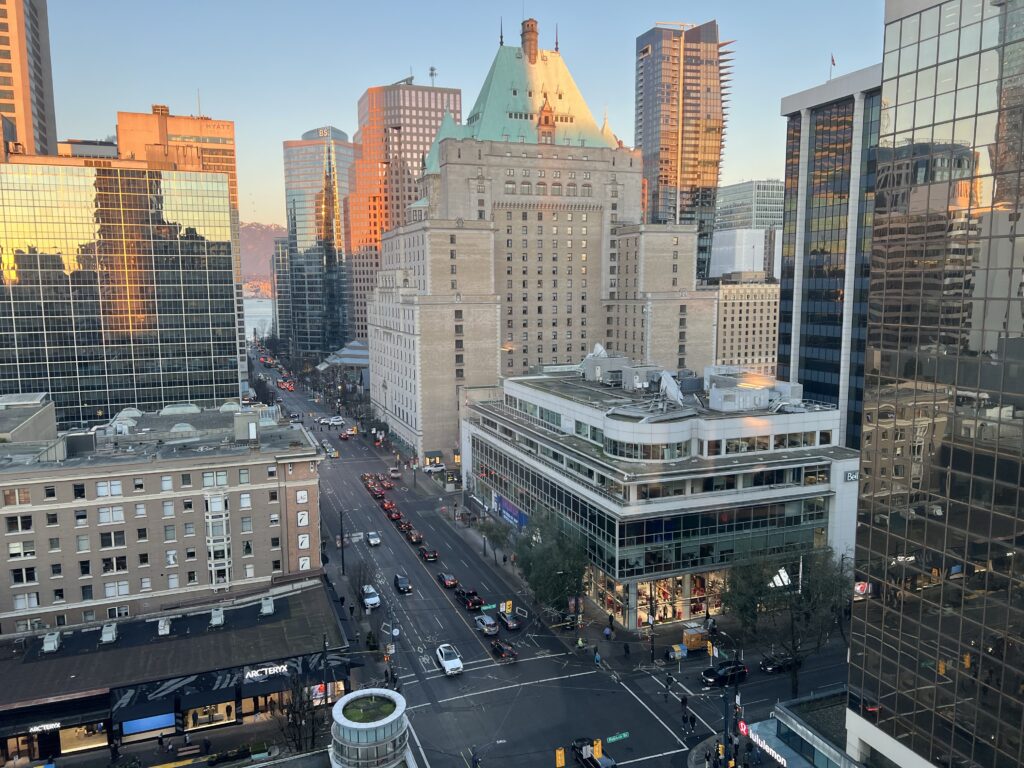
What categories tend to be good buys in Vancouver
Actual savings depend on CAD–USD exchange and local pricing, but with the current high U.S. price environment, some things in Vancouver can be attractive, especially if you stay long enough to use the higher exemption. Anecdotal and survey evidence suggests many day‑to‑day consumer items feel cheaper in Canada than in the U.S. right now, especially in big coastal U.S. cities.
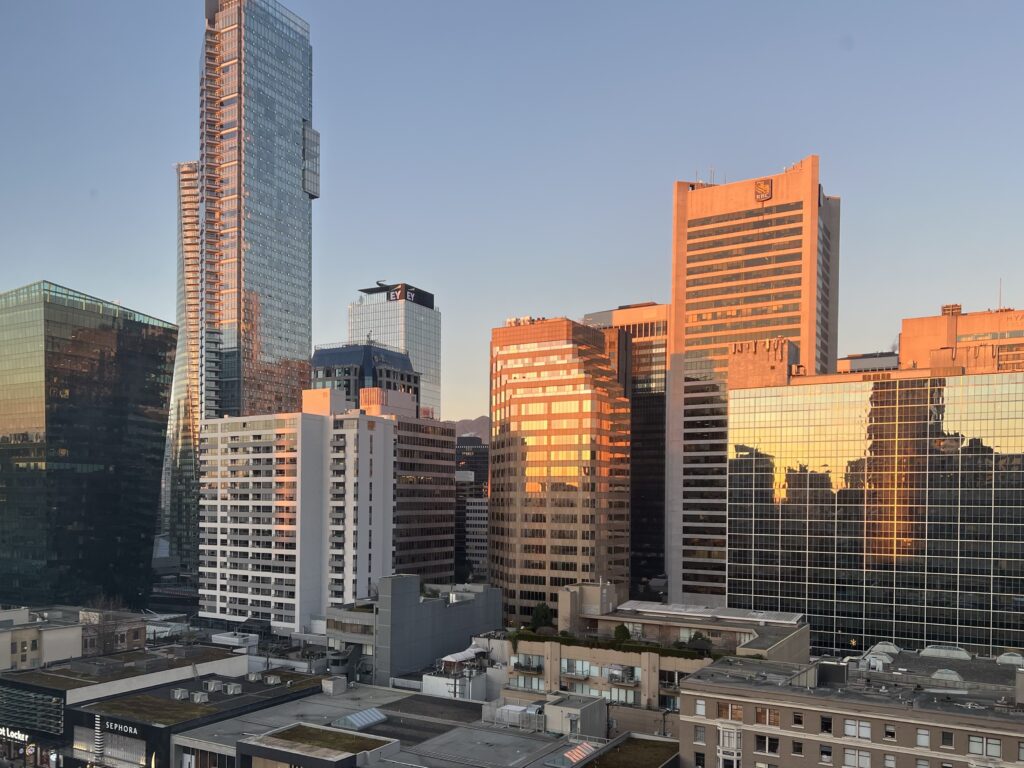
Items that often make sense:
- Alcohol in specific formats: Local BC wines, some Canadian whiskies, and craft beers can be cheaper in Vancouver than comparable quality in U.S. West Coast cities, particularly when the CAD is weak; using your personal exemption means you avoid U.S. duty on that limited quantity.
- Pharmacy / drugstore items: Visitors report eye drops, OTC pain relievers, and some personal‑care products priced significantly below U.S. chain‑drugstore levels in places like Walgreens or CVS, especially in high‑cost U.S. markets.
- Everyday groceries and snacks: Some travelers note that soft drinks, snacks, and basic processed foods can be similarly priced or cheaper in CAD than the same items in USD, which turns into a discount after currency conversion.
- Canadian‑only brands or SKUs: Things like specialty Canadian chocolate, maple products, certain packaged foods, and outdoor or hockey‑related gear unique to Canadian retailers can be good value because you simply cannot buy the exact items easily in the U.S., so you maximize “utility,” if not pure arbitrage.
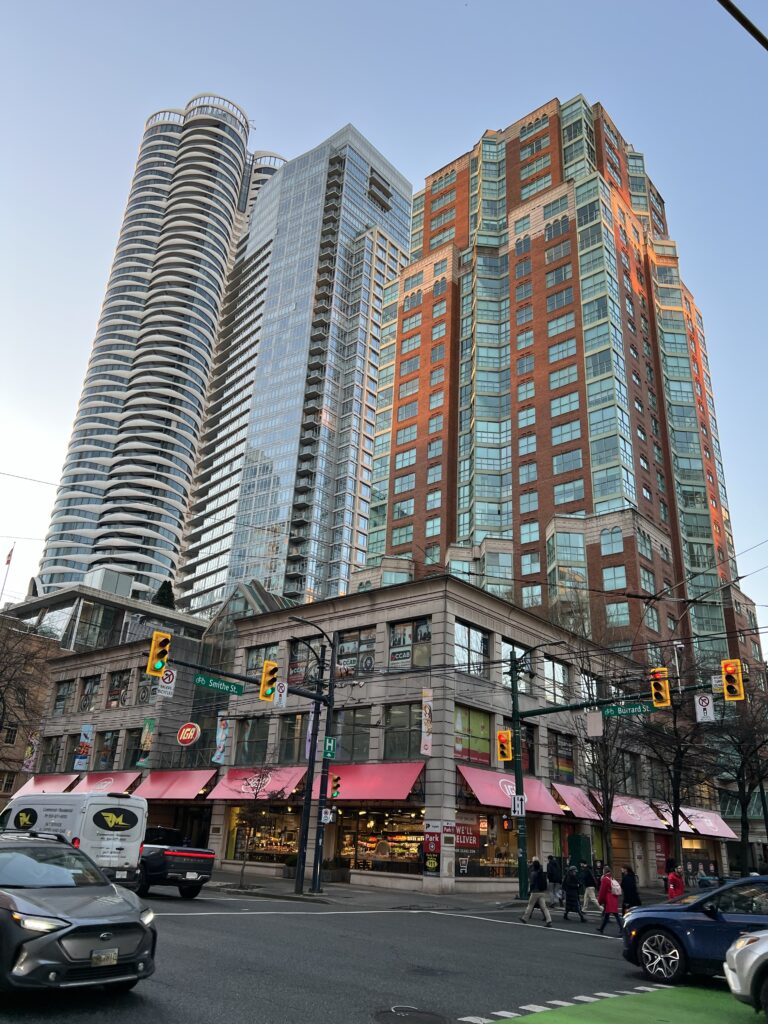
In all cases, you only “win” if the Canadian price (after converting to USD) plus any Canadian sales tax you pay is below the U.S. price, and you keep the purchase under your CBP duty‑free limit to avoid U.S. import charges.
How “tariff avoidance” works in practice
For a typical U.S. visitor, there are three relevant layers:
- Canadian side: There is no special Canadian export tariff when you buy retail in Vancouver and carry the goods out personally; you simply pay local price plus GST/PST at the till unless a store runs its own tourist rebate scheme.
- U.S. side duties: When you declare on return, CBP applies your personal exemption; only the value above that limit is potentially dutiable. For most small personal quantities, CBP either waives duty or charges a modest flat rate, especially if you are only slightly over the limit.
- Country of origin vs. personal exemption: Tariffs on Chinese or other foreign‑made goods (e.g., Section 301 duties) normally apply in commercial import scenarios but the personal exemption generally covers casual traveler purchases up to your dollar limit; that is the legal “tariff avoidance” mechanism you are asking about, and it is explicitly built into the rules.

To stay clean: keep receipts, know your approximate total in USD, declare everything, and let the officer apply your exemption; failing to declare is what gets people into trouble, not optimizing within the exemption.
Are Chinese‑made goods much cheaper in Canada?
Generally, no—China‑manufactured mass‑market items (electronics, clothing, small appliances, toys) are not systematically cheaper in Canada than in the U.S.; in fact, structural pricing often goes the other way.
- Analyses of cross‑border prices have found that Canadians often pay more than Americans for the same branded goods—sometimes 10–50% more—because of “country pricing,” smaller market size, and higher distribution and regulatory costs.
- With that backdrop, even if U.S. tariffs on Chinese goods are higher at a policy level, the Canadian retail price you see on the shelf frequently embeds its own markups that cancel out any arbitrage you might hope to capture.
- Given this, most mainstream Chinese‑made products (e.g., an Anker charger, Adidas shoes made in China, a mass‑market gadget) are usually not worth trying to arbitrage from Canada to the U.S.; you are unlikely to see “much less expensive” pricing consistently, and sometimes you will pay more.
The better play is to focus on categories where Vancouver is structurally competitive (alcohol, certain OTC items, some groceries, and uniquely Canadian products), then load up to the edge of your U.S. duty‑free limit so that all of that margin is realized as tax‑free personal imports.
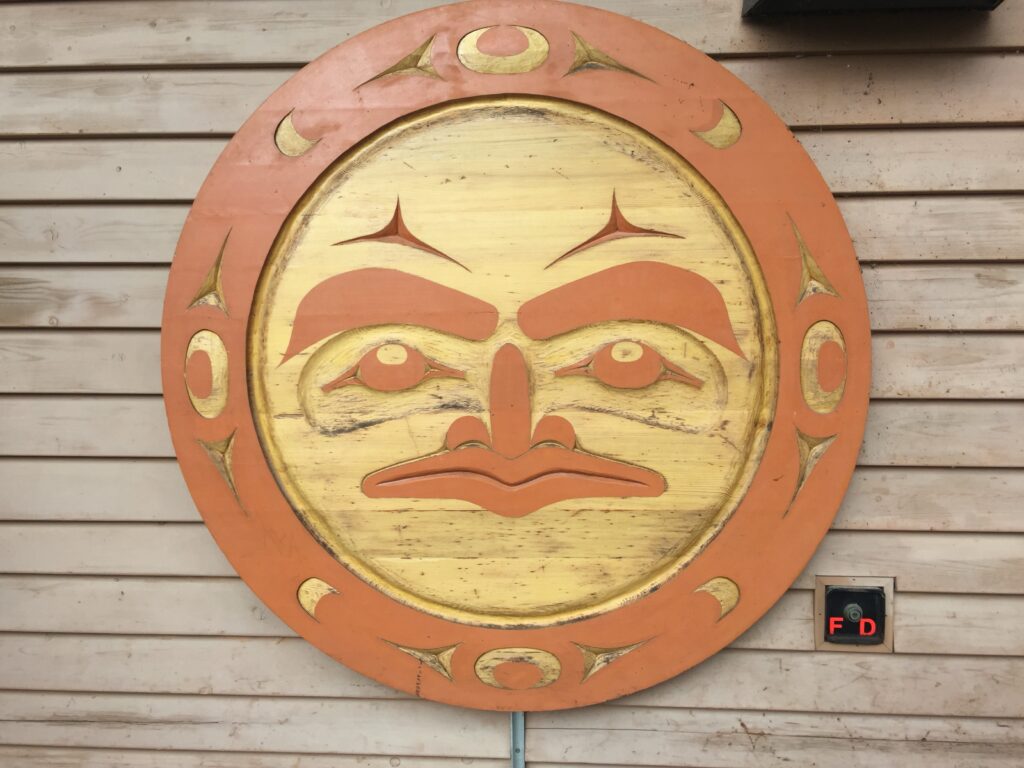

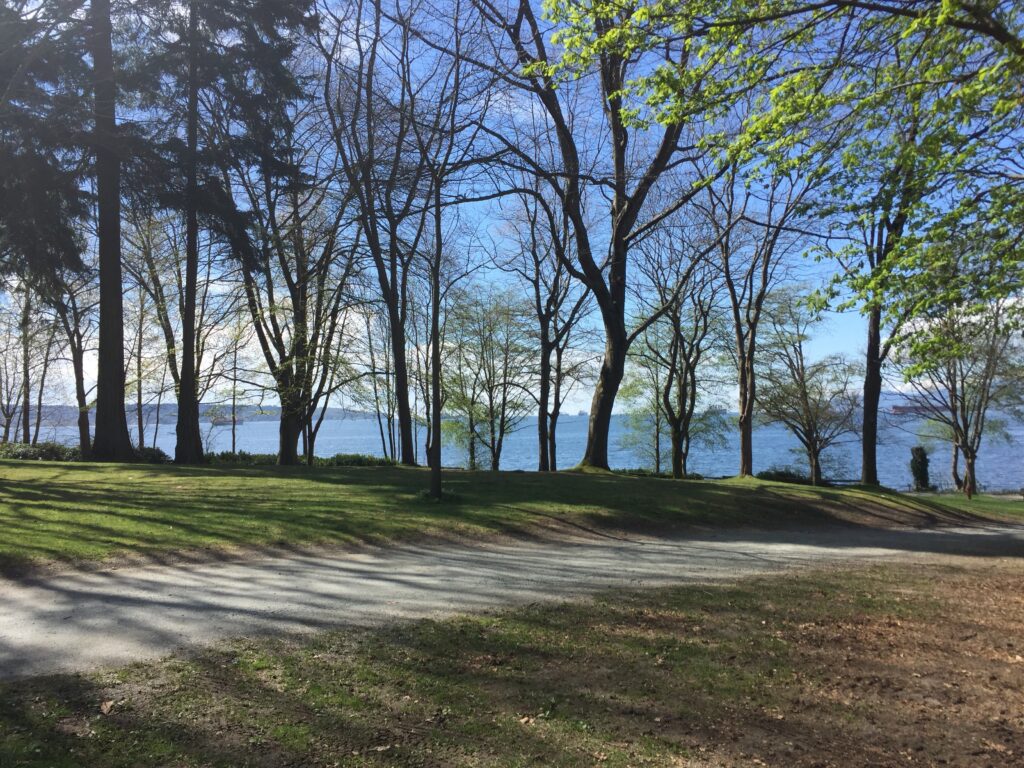
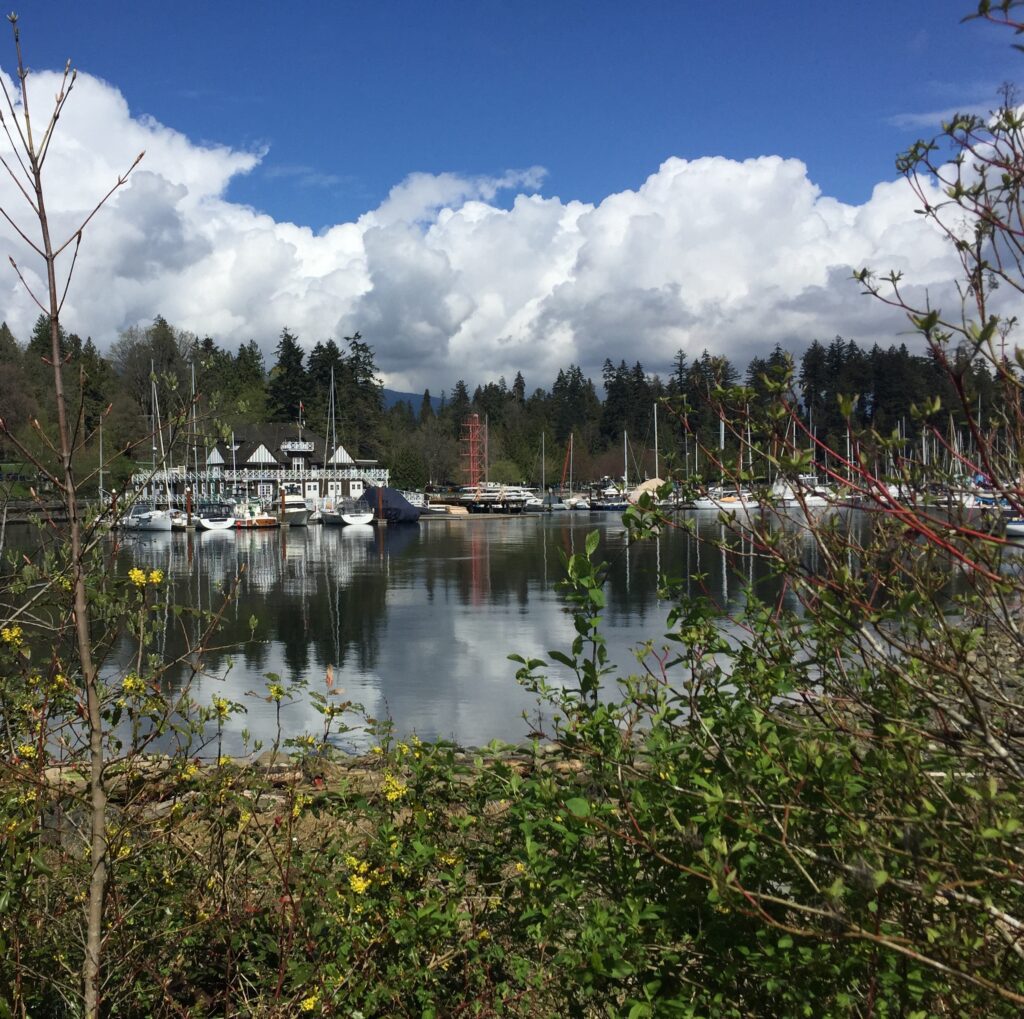
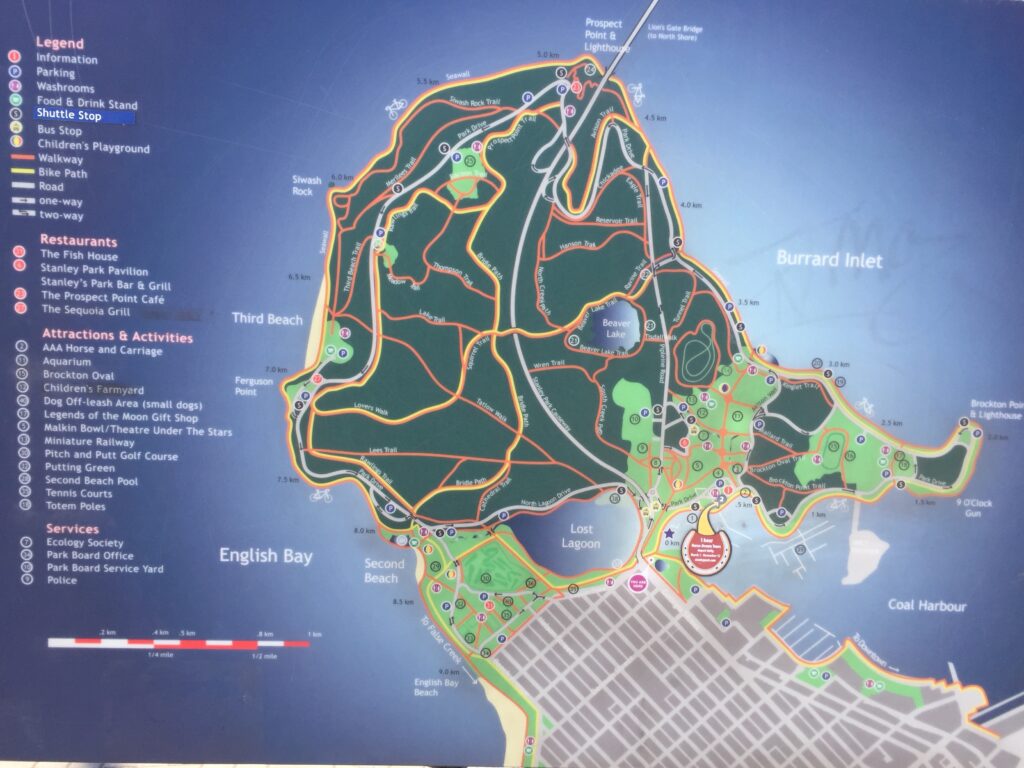


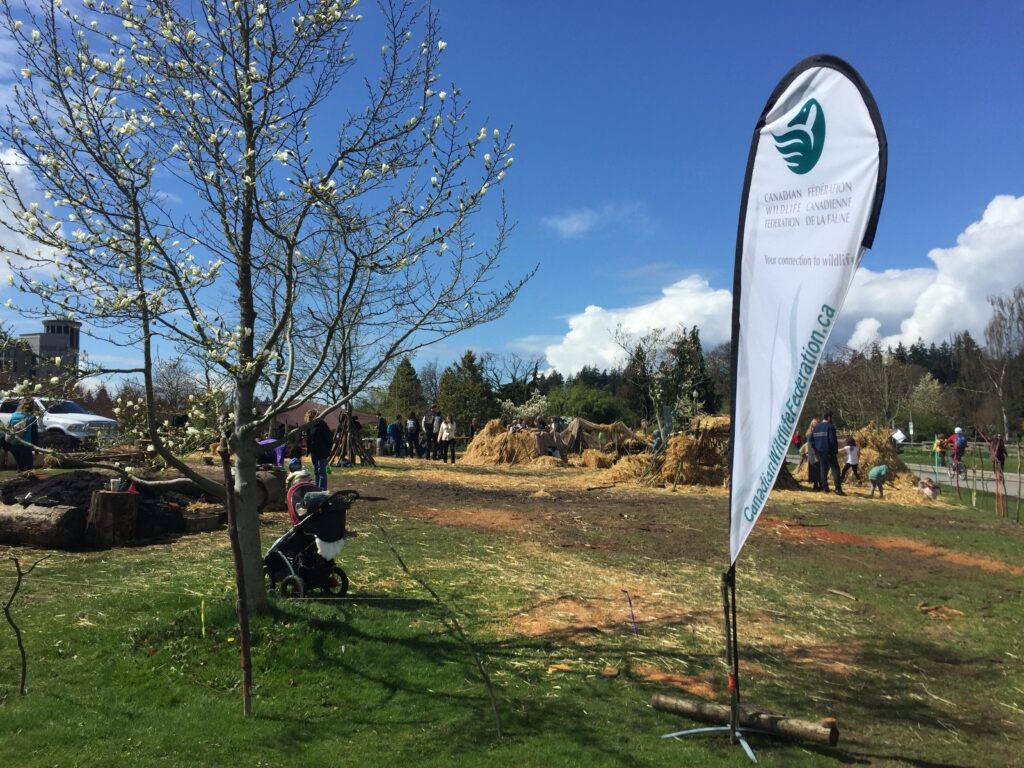
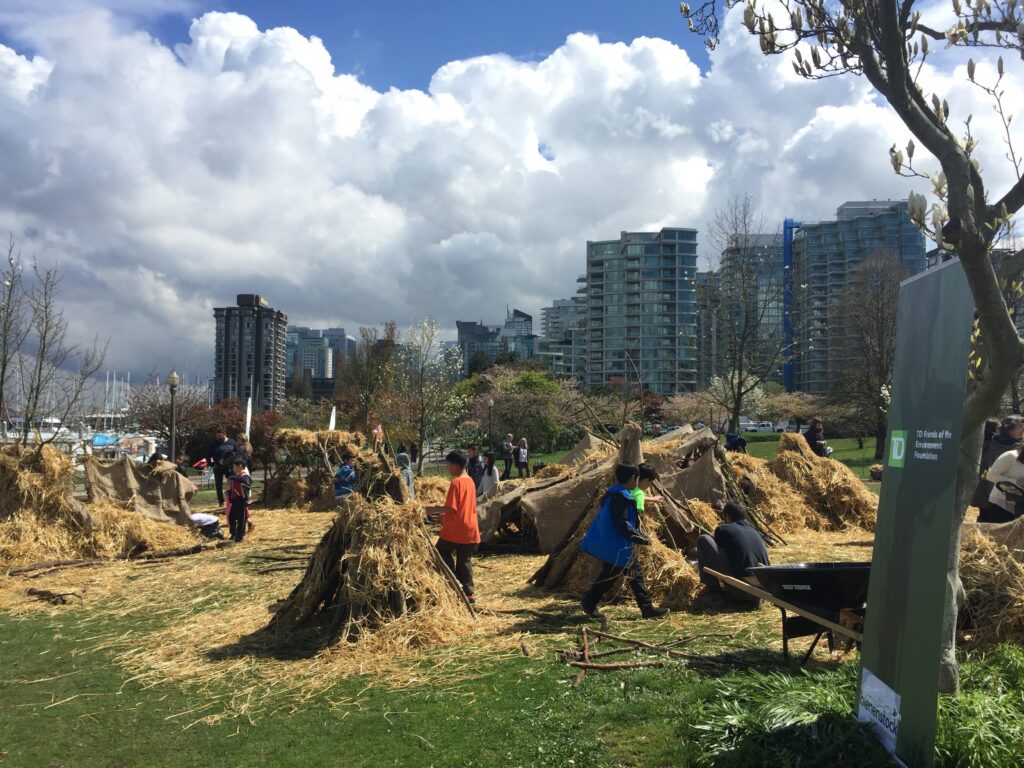
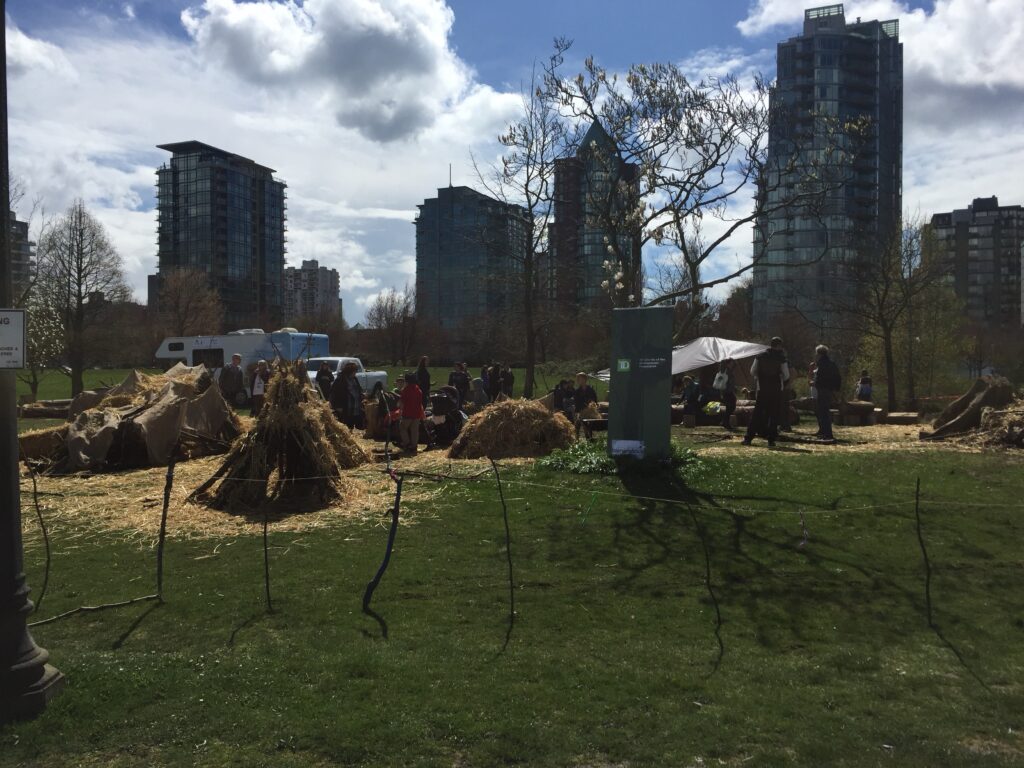
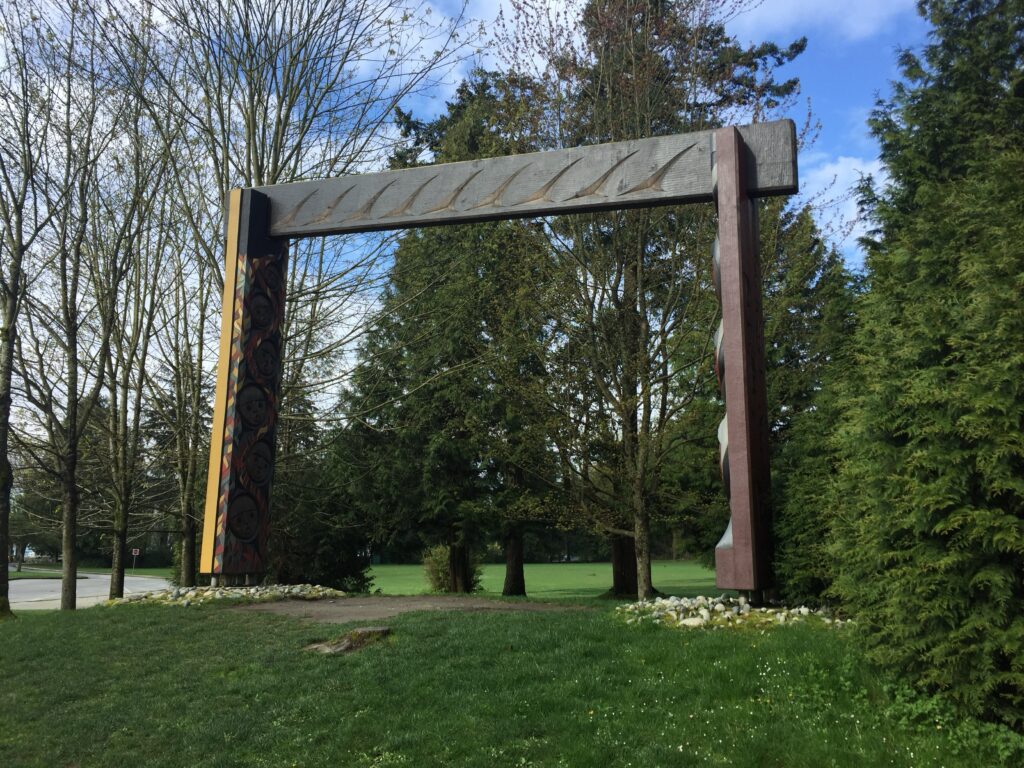
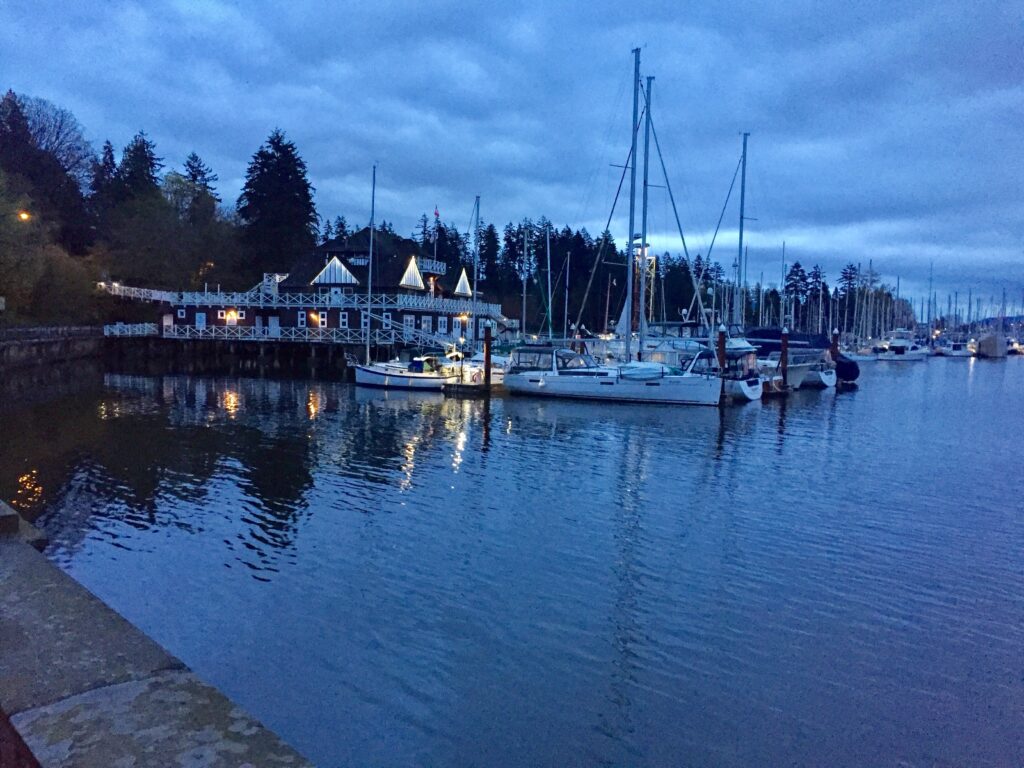


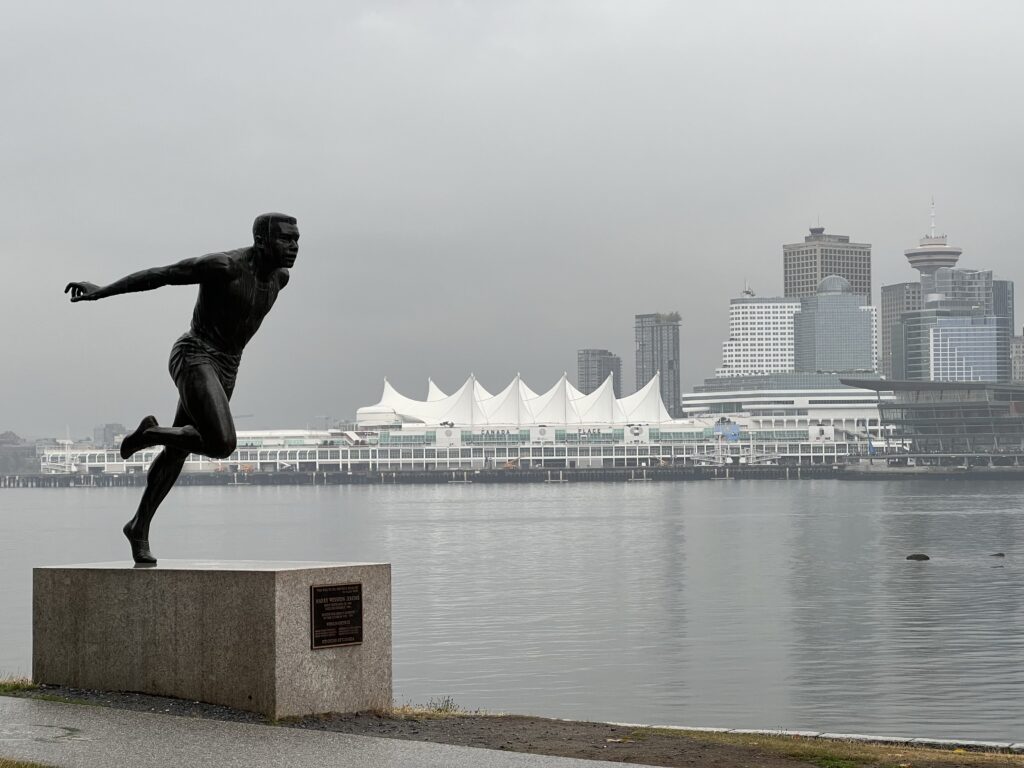
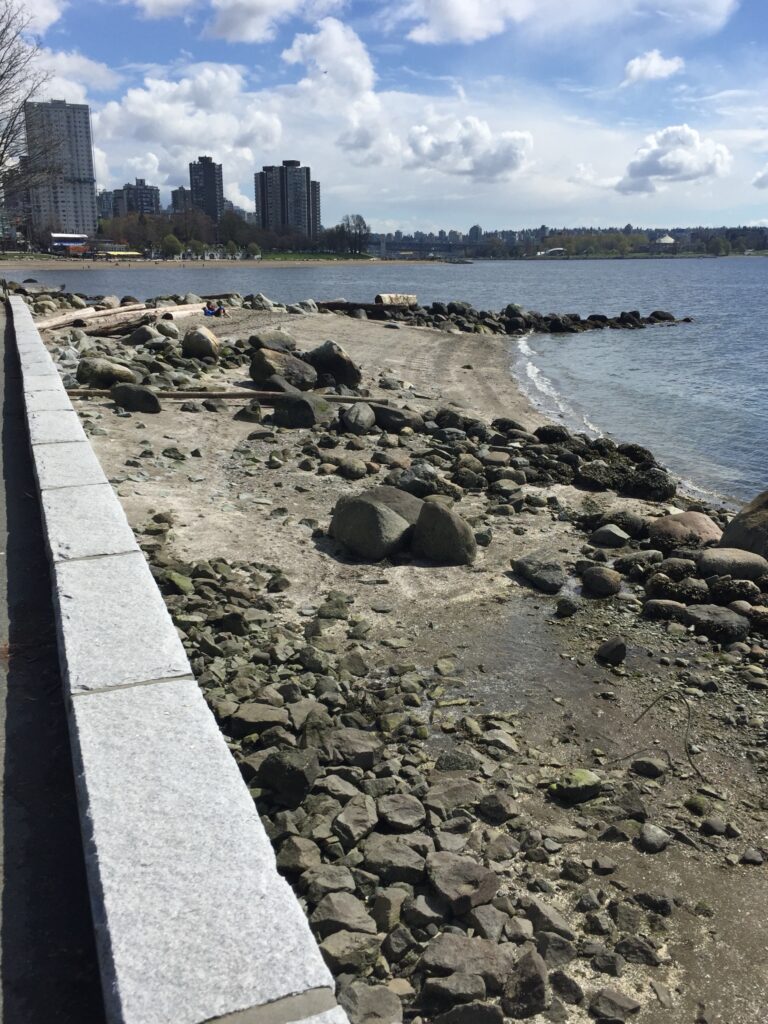

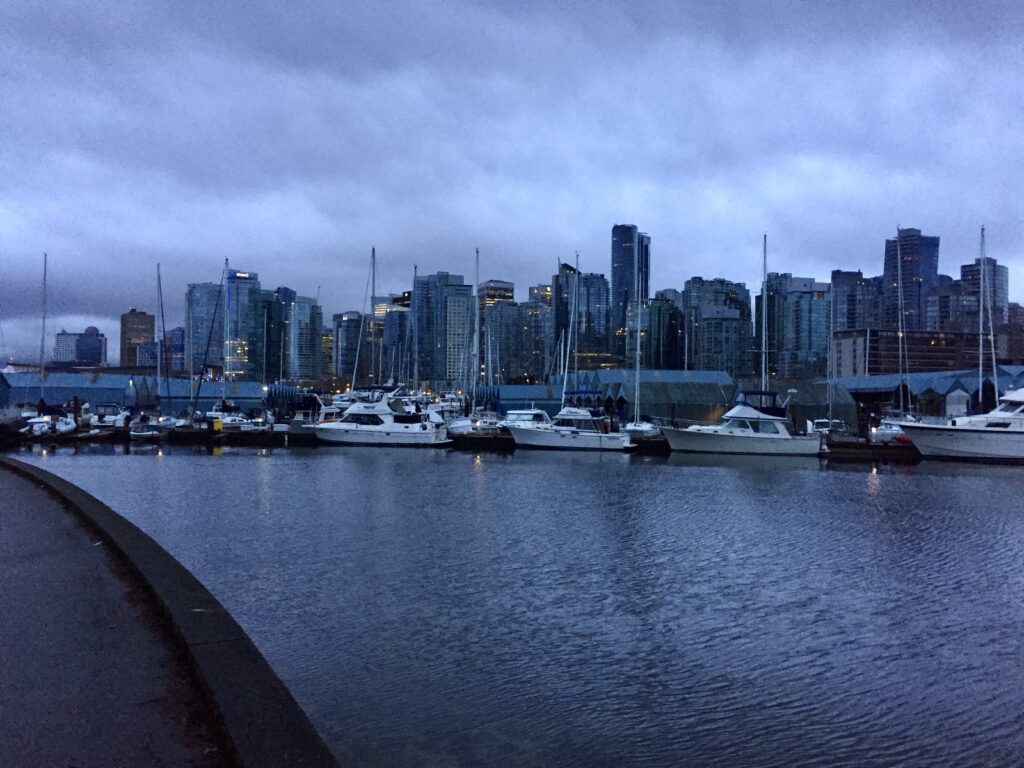
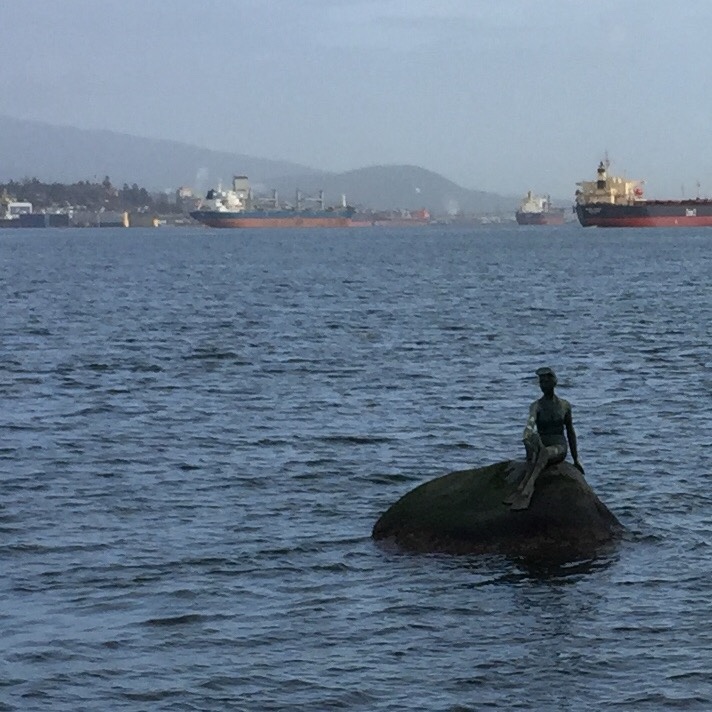
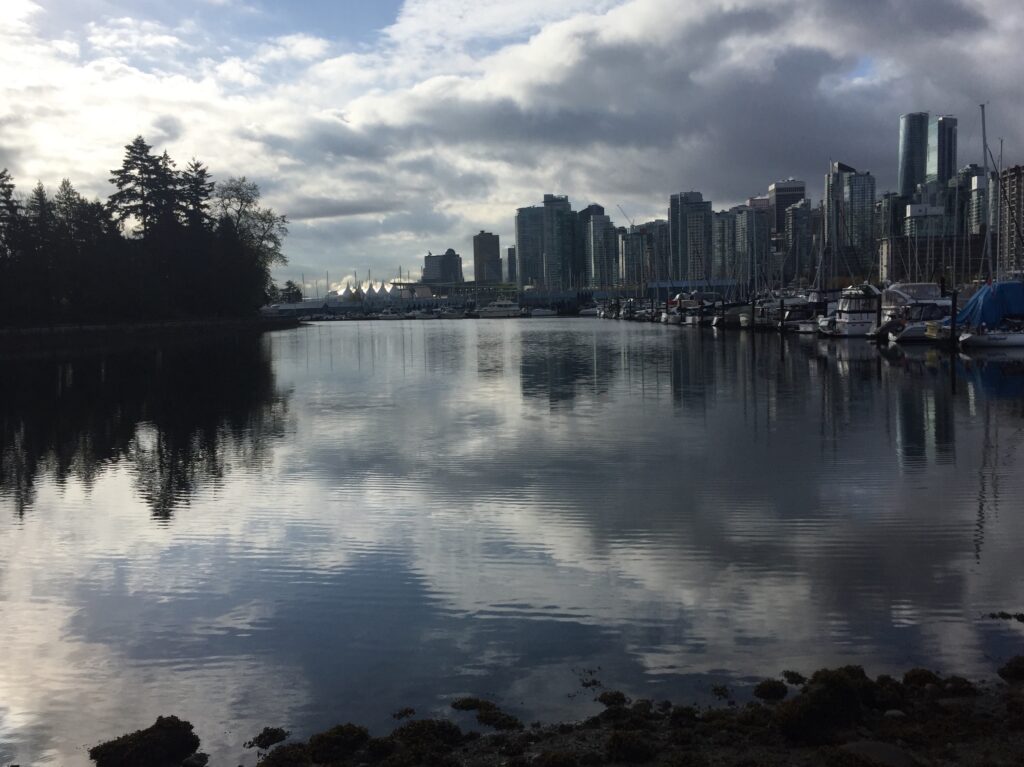
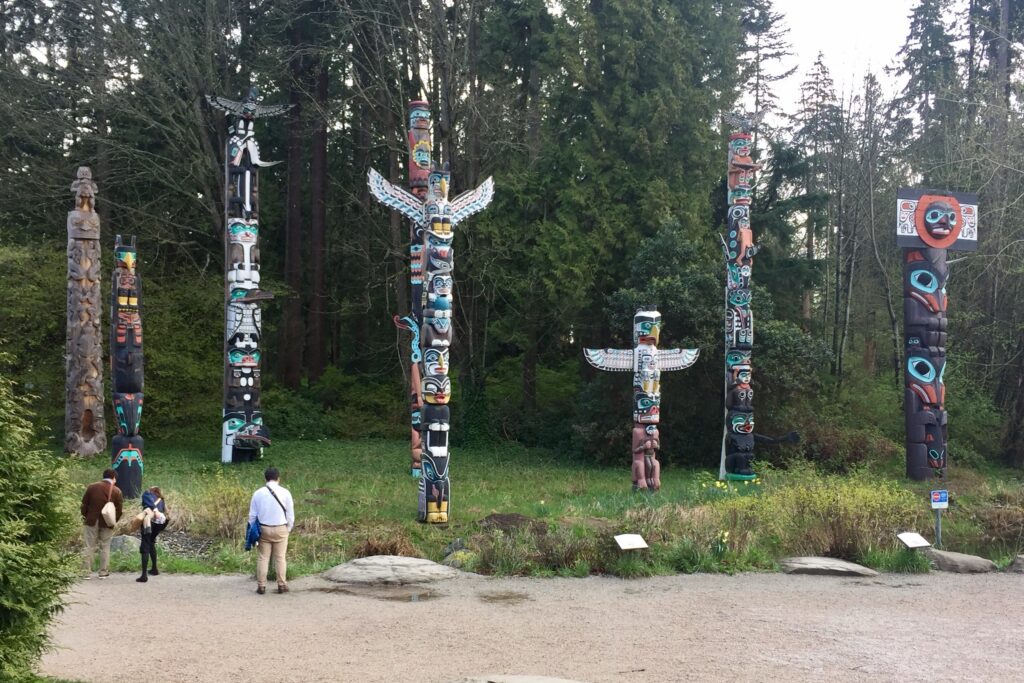
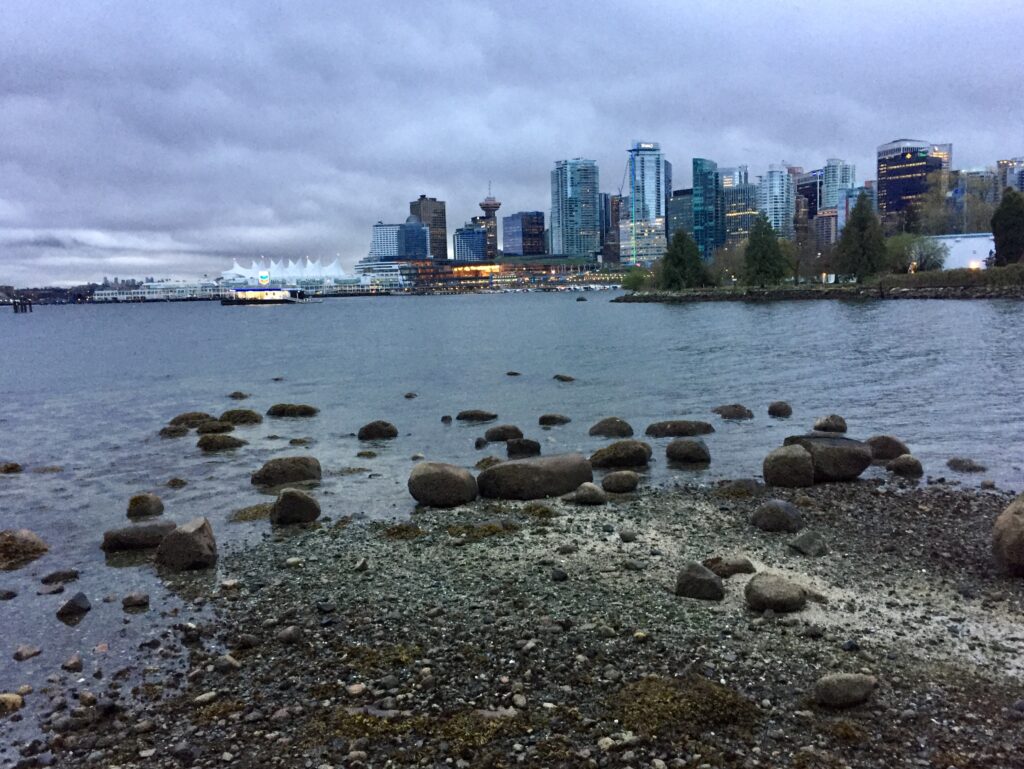
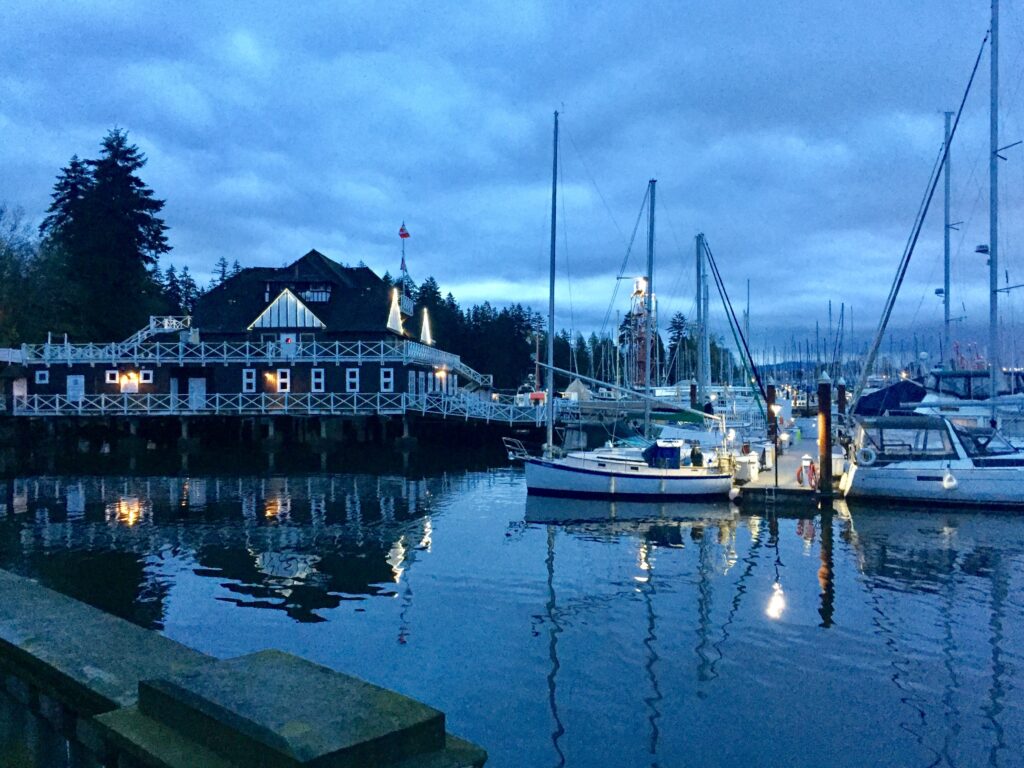





[26] Population booms in Langford, Surrey and Metro Vancouver https://vancouversun.com/news/population-booms-langford-surrey-metro-vancouver
Sources
[1] Vancouver, Canada Metro Area Population 1950-2025 – Macrotrends
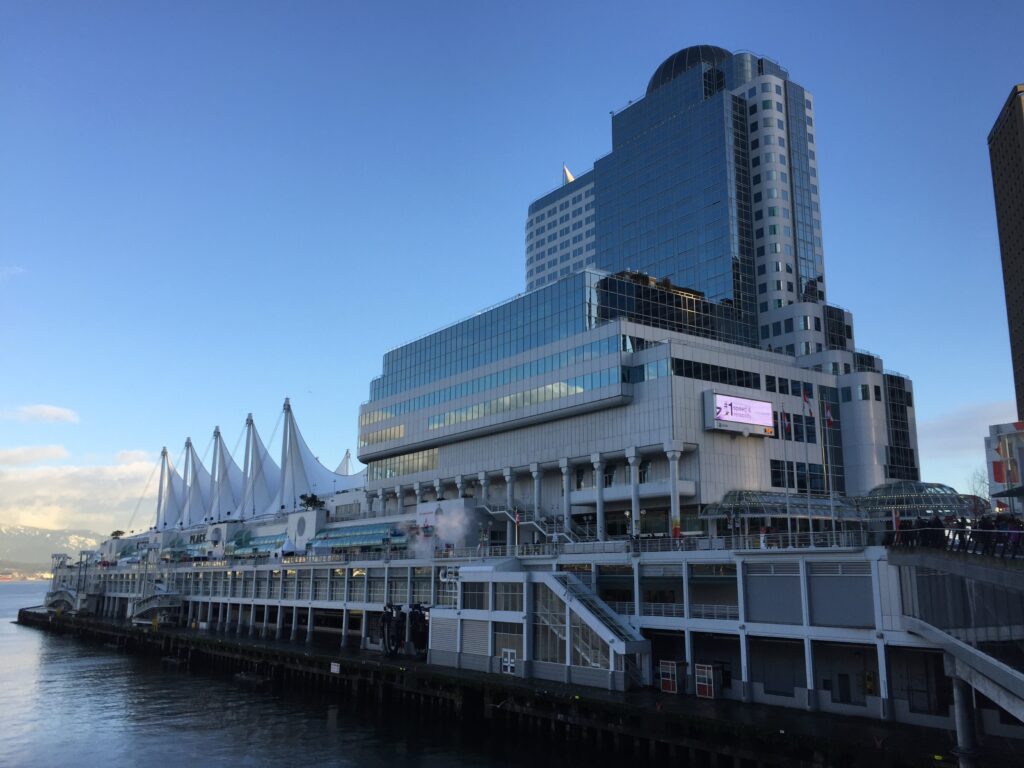
[2] Ripple Effects: The Impact of an Empty-Homes Tax on the Housing …
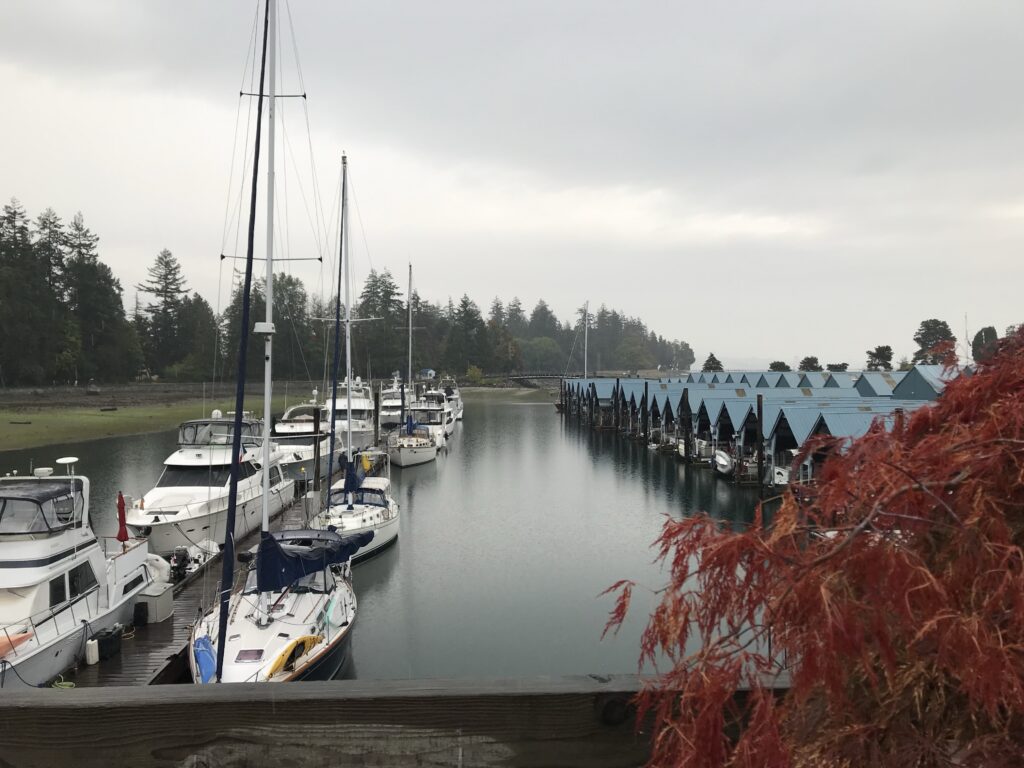
[3] All you need to know about Vancouver’s Empty Homes Tax
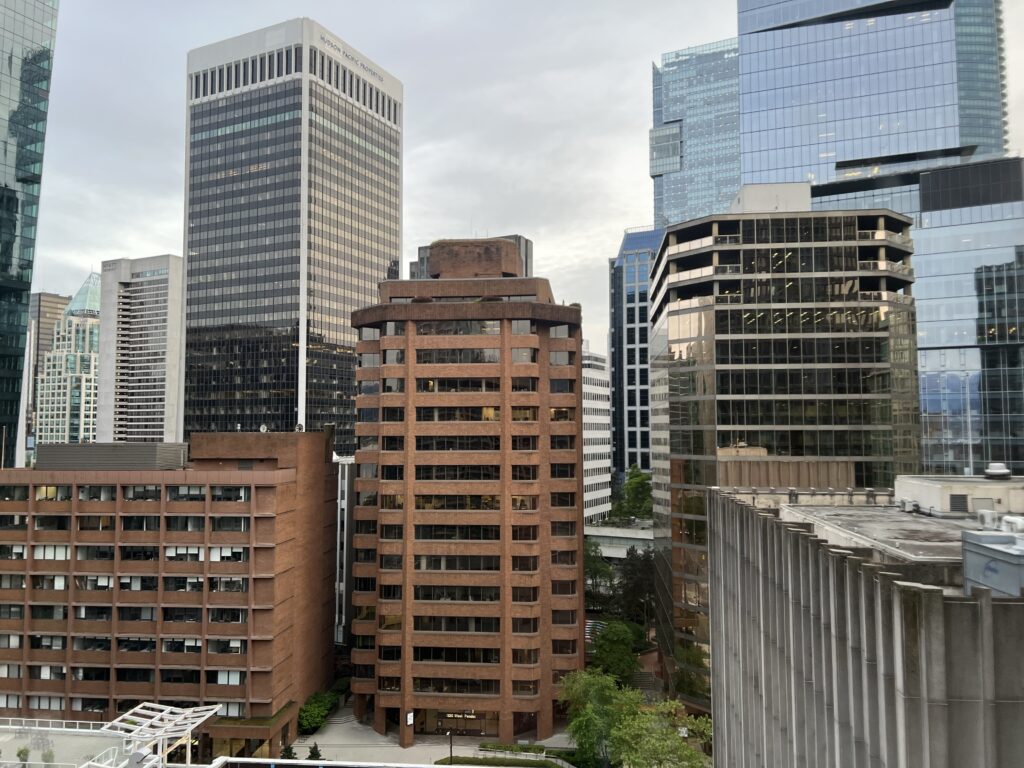
[4] Empty Homes Tax | City of Vancouver
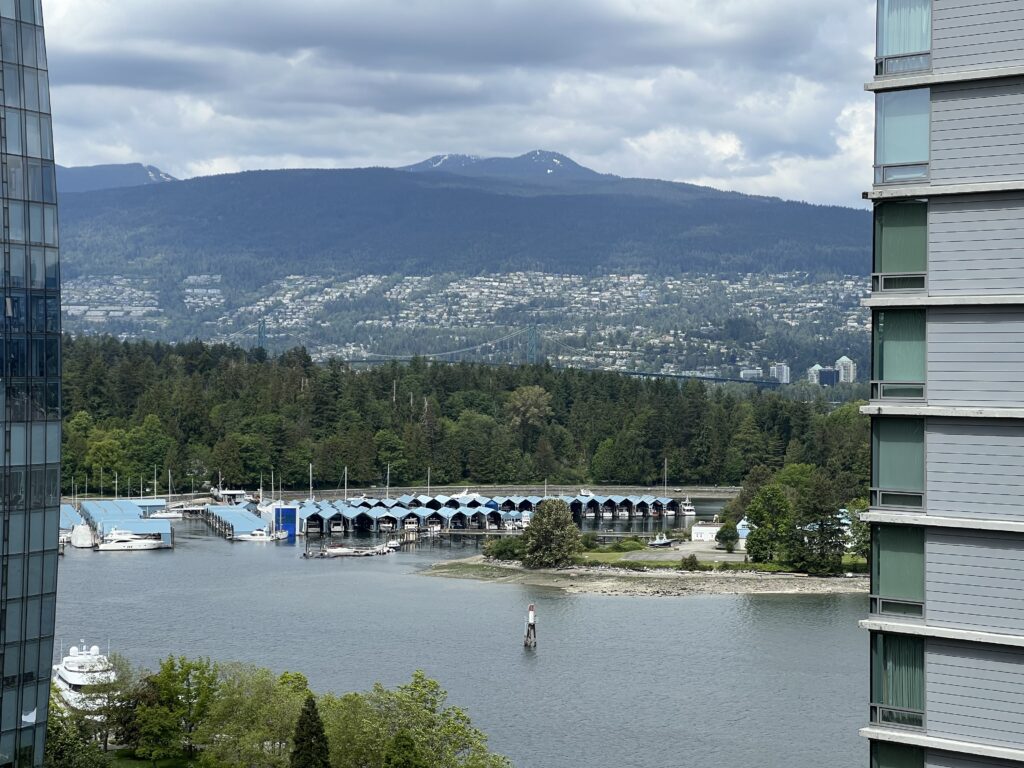
[5] Proposed Coal Harbour Marina Expansion Project

[6] [PDF] Input Consideration Report – Royal Vancouver Yacht Club
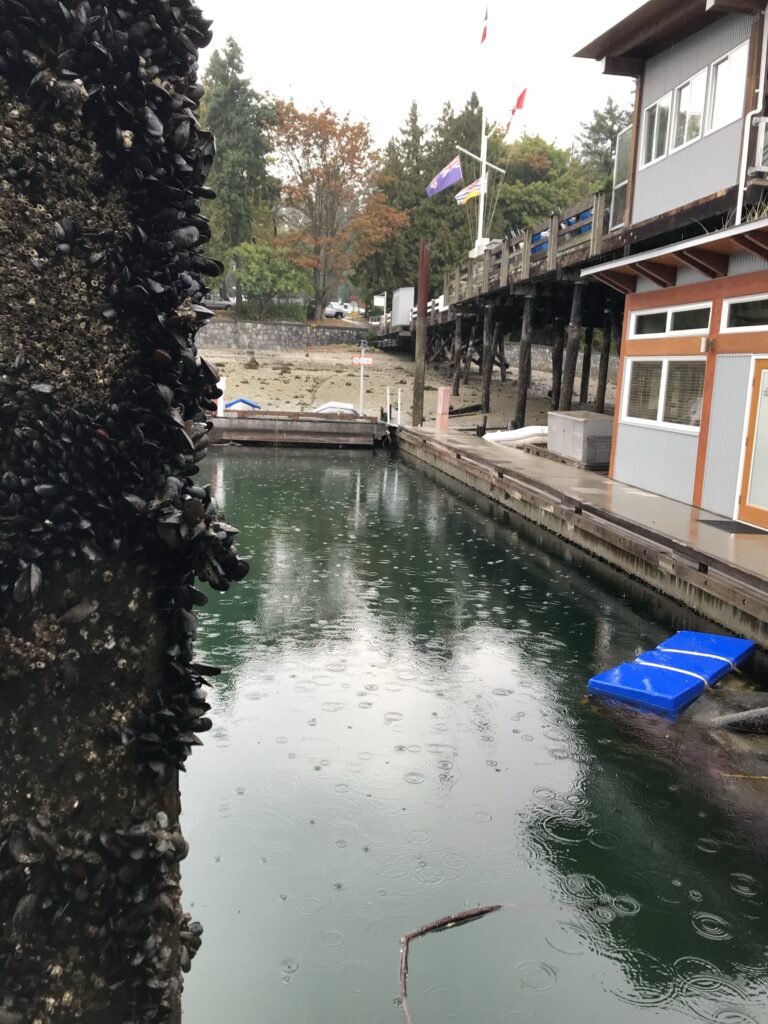
[7] [PDF] COAL HARBOUR MARINA EXPANSION PROJECT PROJECT …
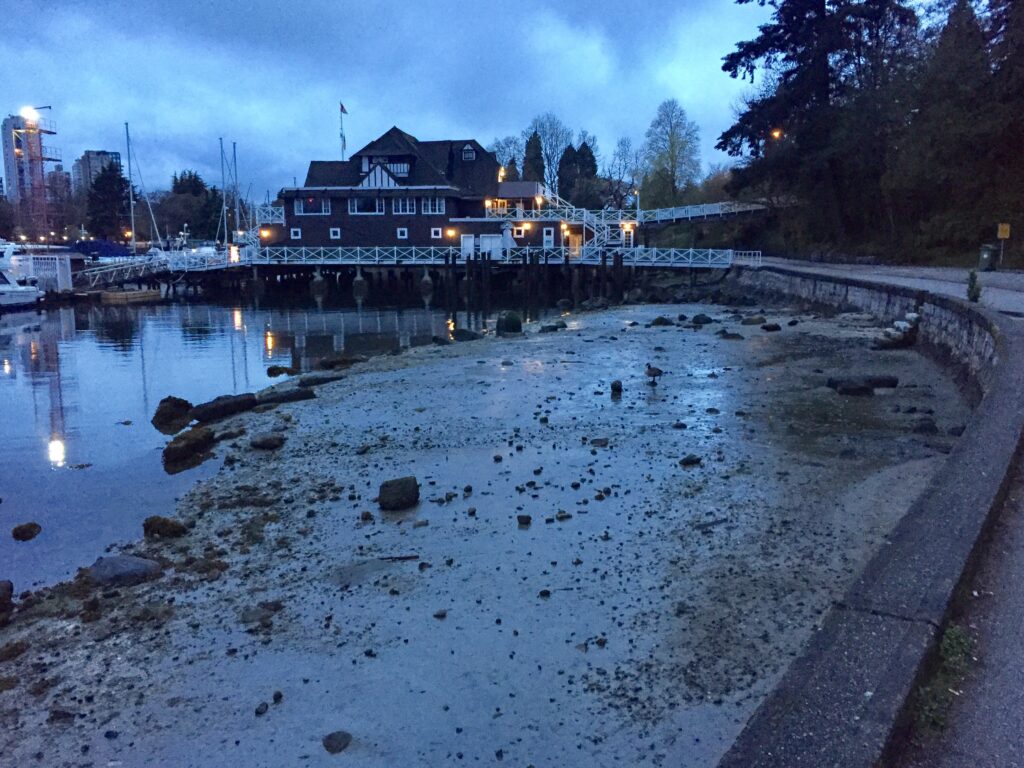
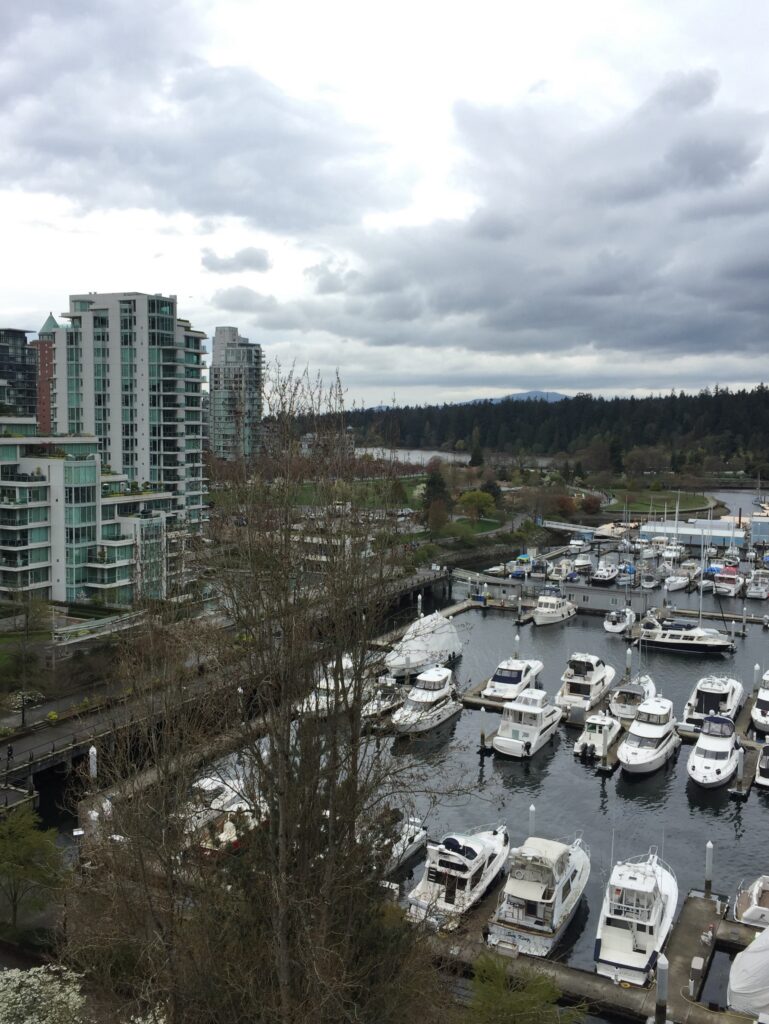
[9] Understanding the Vancouver Empty Homes Tax Impact
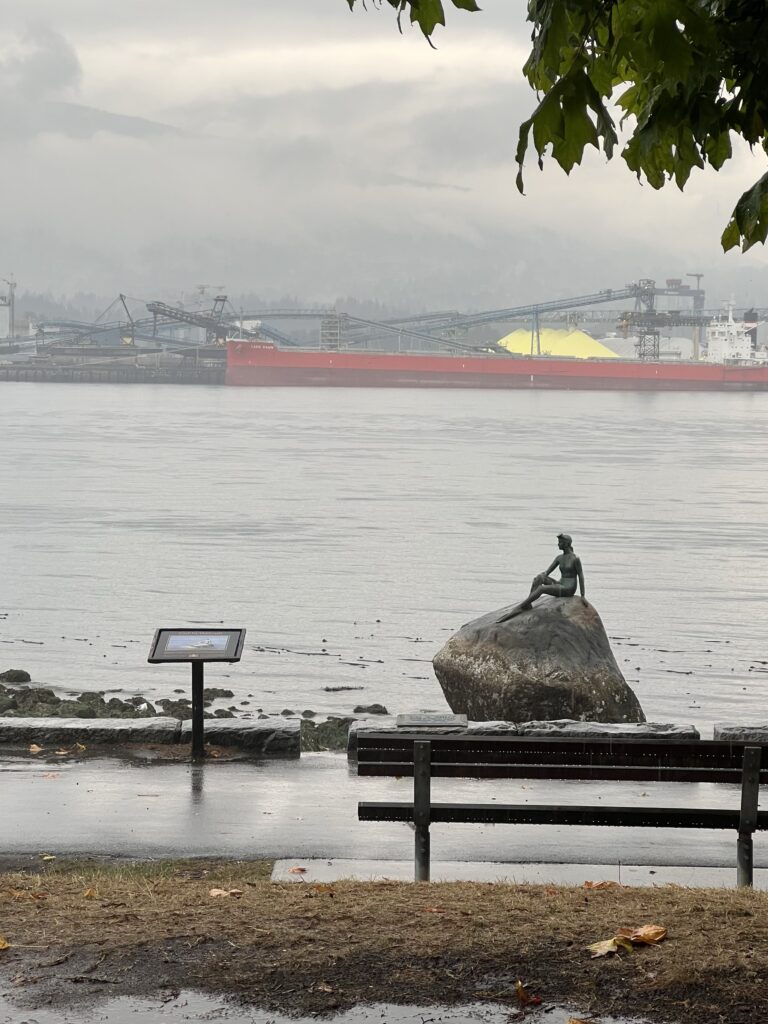
[10] [PDF] Empty Homes Tax Annual Report 2023 – City of Vancouver
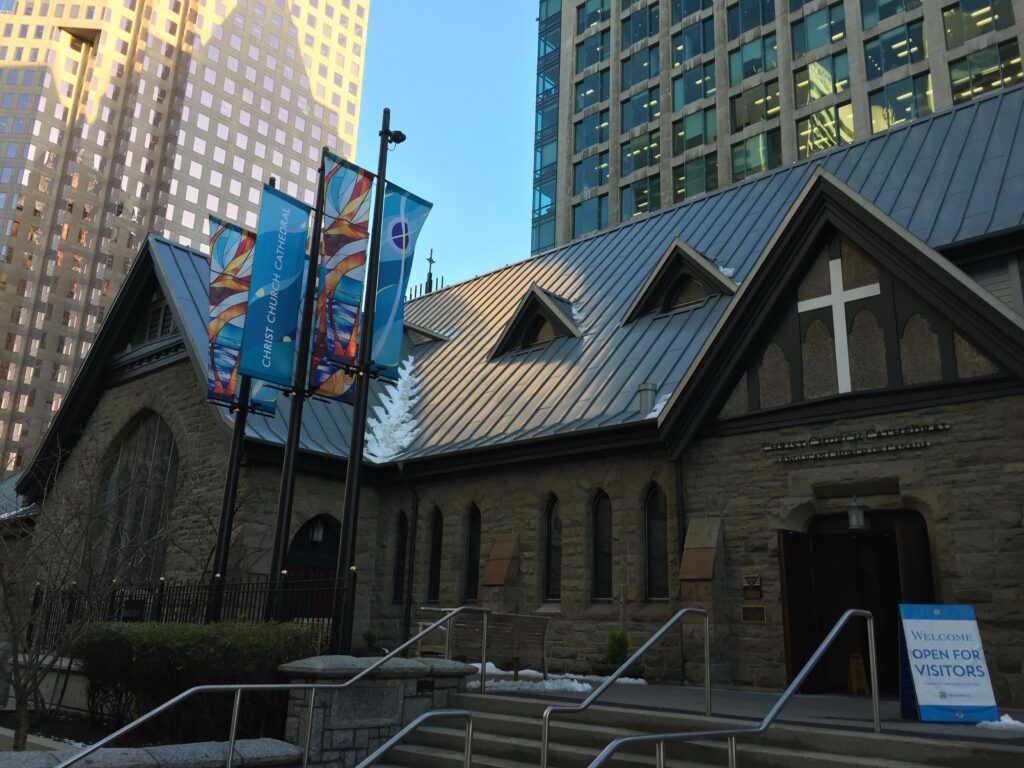
[11] Royal Vancouver Yacht Club – Coal Harbour Marina Expansion …
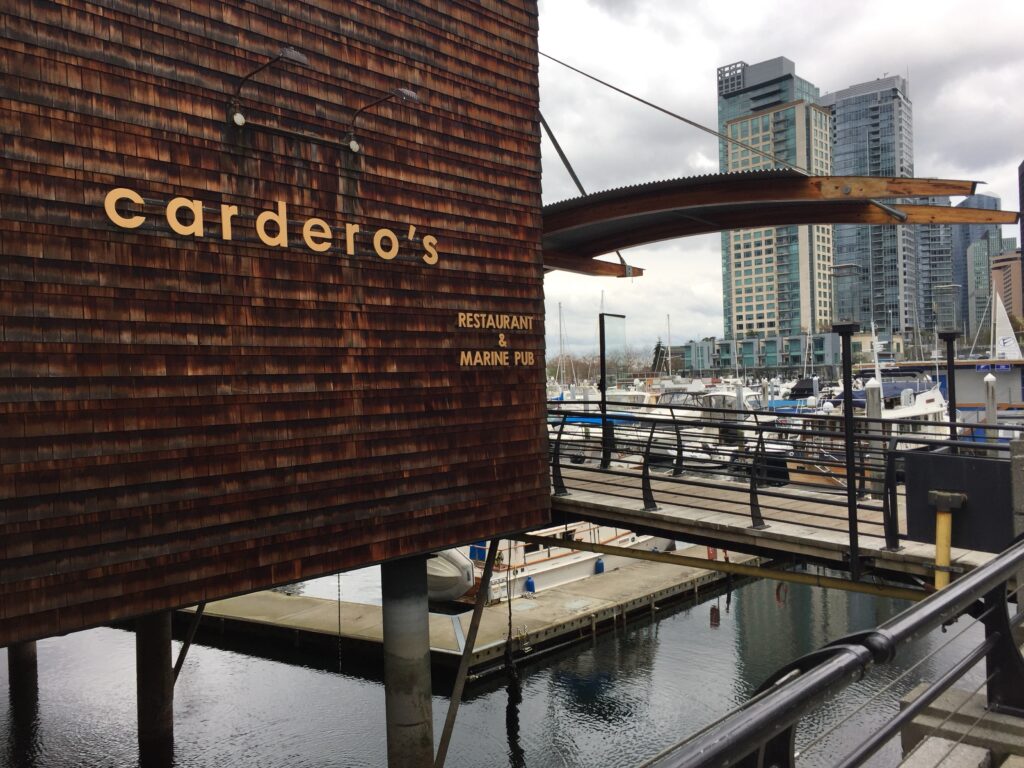
[12] [PDF] Consultation Summary Report – Royal Vancouver Yacht Club
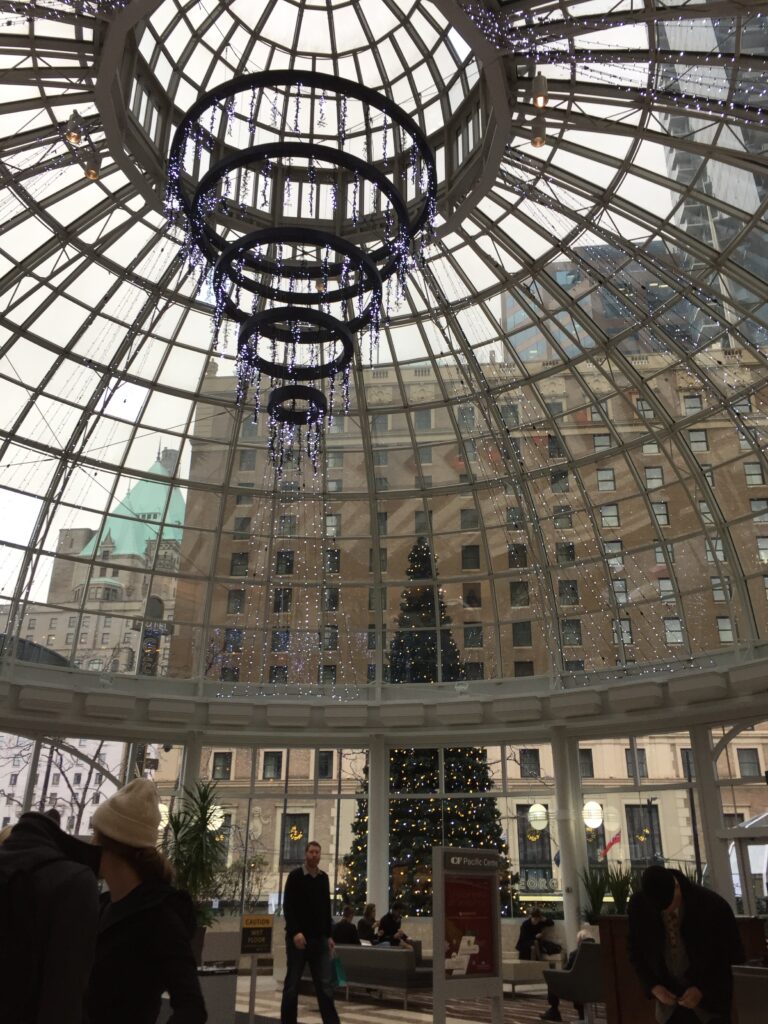
[13] Metro Vancouver region now home to population of 3 million
[14] Empty Homes Tax continues to support housing availability
[15] [PDF] PROJECT OVERVIEW – Royal Vancouver Yacht Club
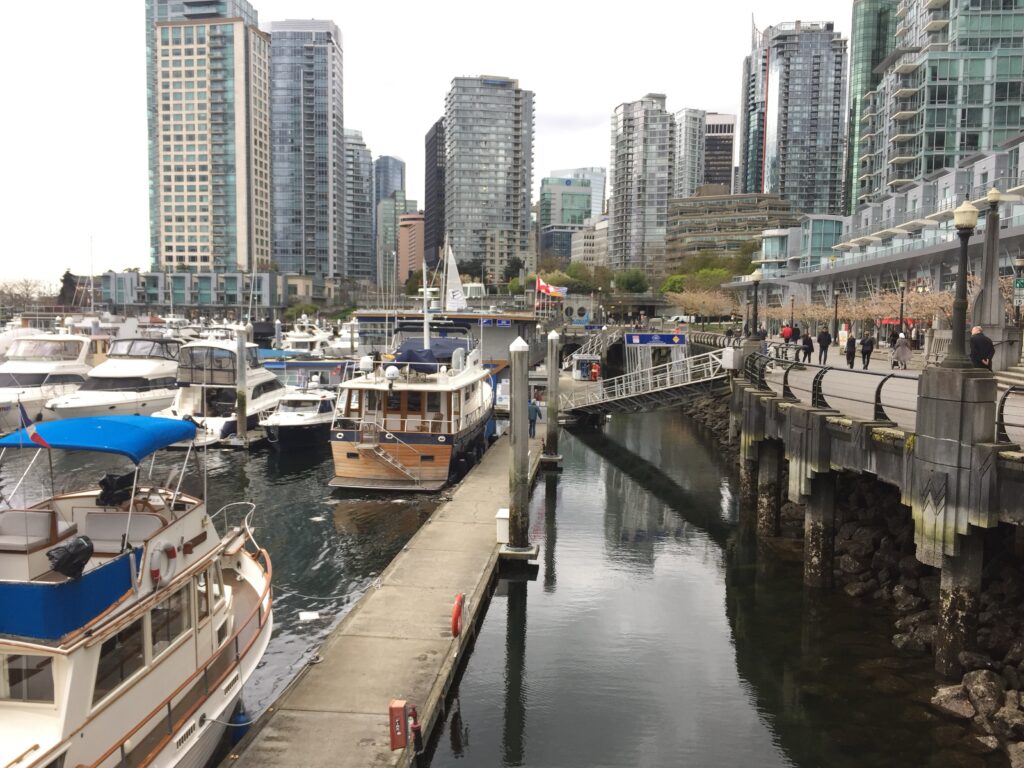
[16] Metro Vancouver’s population now exceeds 3 million, according to …
[17] Transit growth outpaces driving growth in Metro Vancouver – TransLink
[18] Do Vacancy Taxes Work? Yes, But Speculators Hate Them …

[19] Purpose of the Empty Homes Tax – City of Vancouver
[20] How the speculation and vacancy tax works – Gov.bc.ca
[21] Royal Vancouver Yacht Club: Home
[22] Vancouver yacht club expansion worries rowers in Coal Harbour
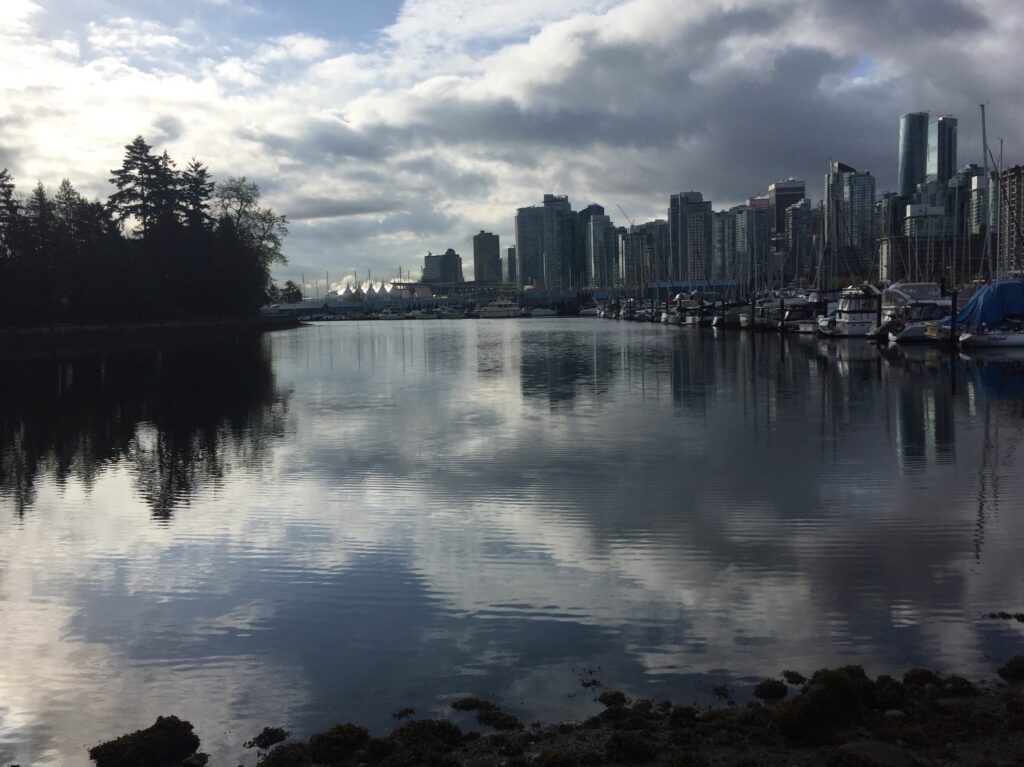
[23] Royal Vancouver Yacht Club Coal Harbour
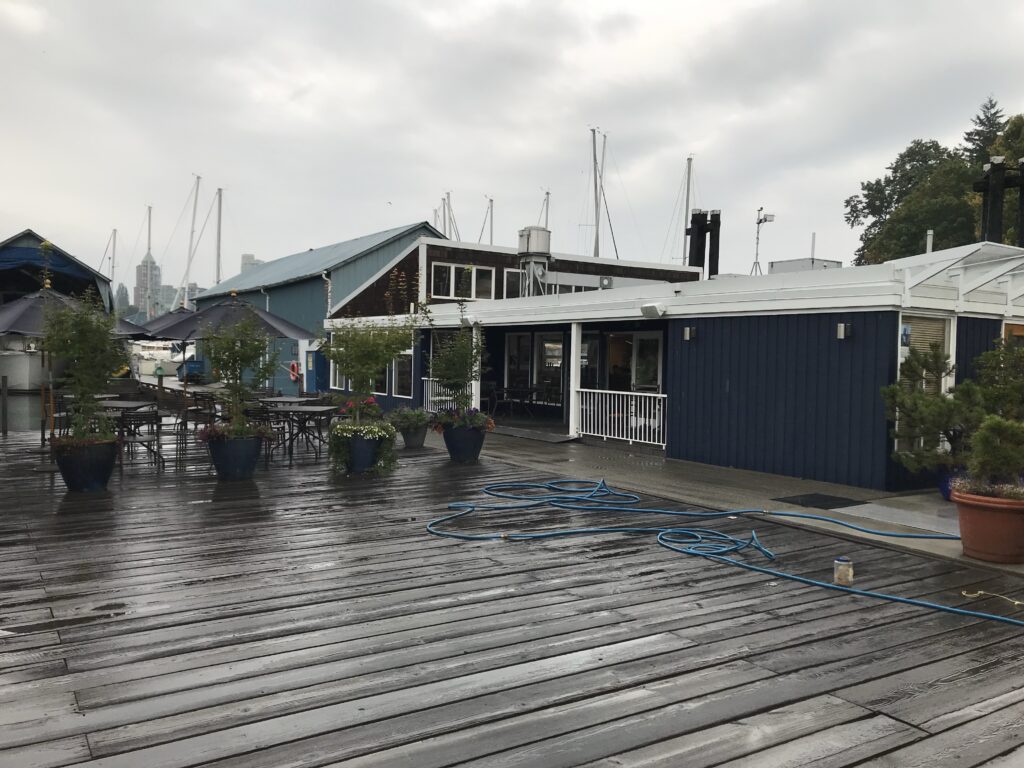
[24] MAY 2025 Vancouver Real Estate Market Update – YouTube
[25] Economy of Vancouver – Wikipedia
[28] [PDF] 1.5 – Ecomonic structure – GDP of Metro Vancouver
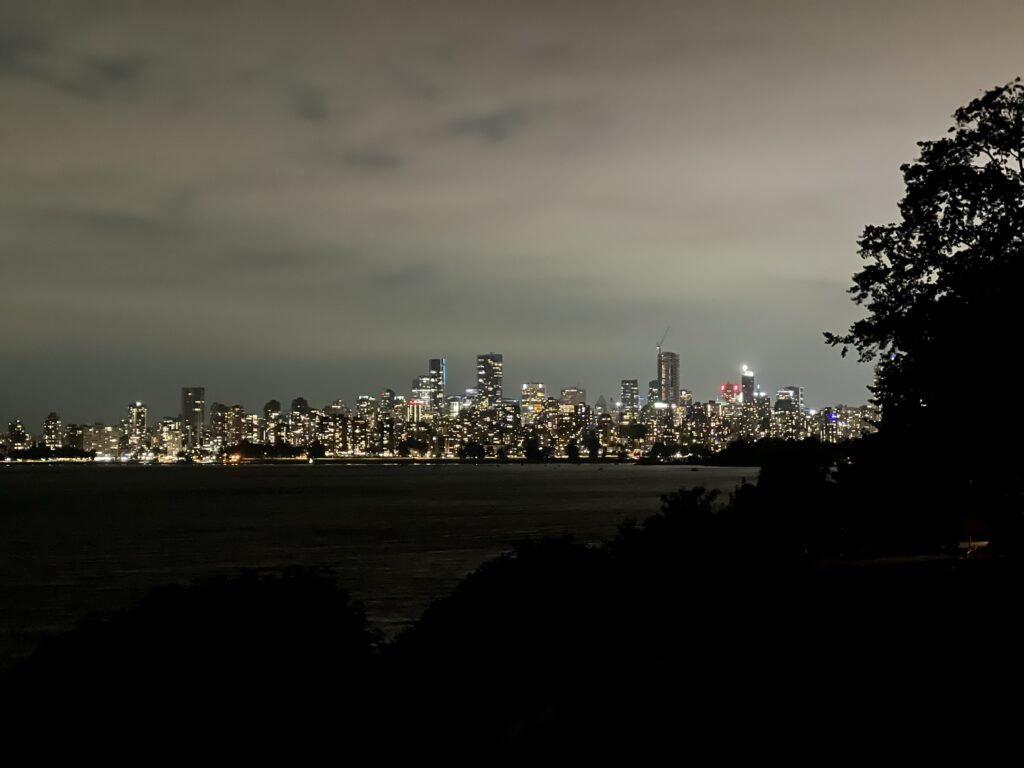
[29] How to Avoid Empty Homes Tax – Vancouver – Birds Nest Properties